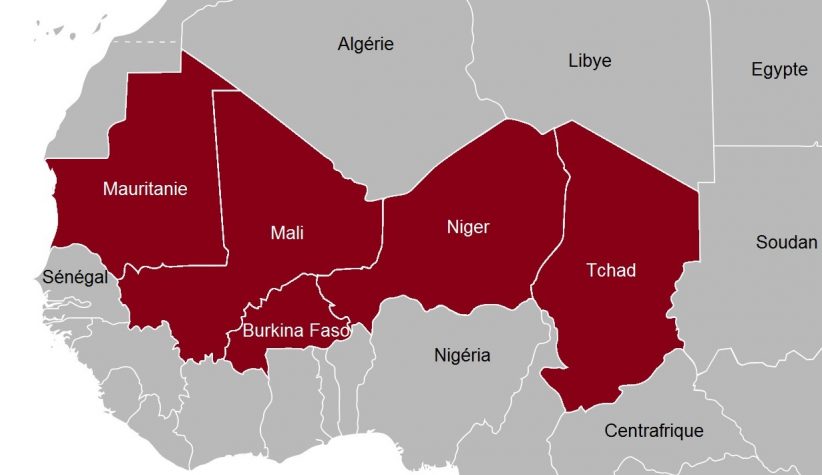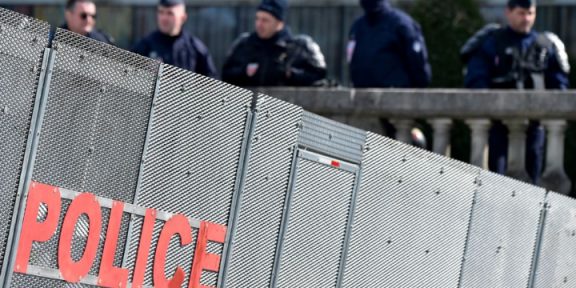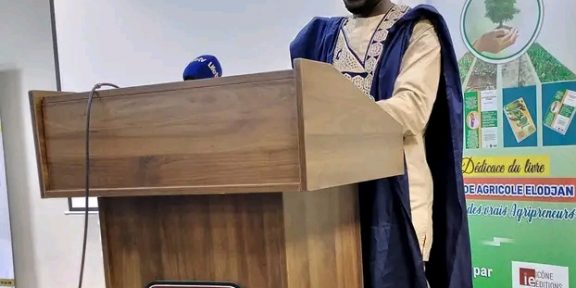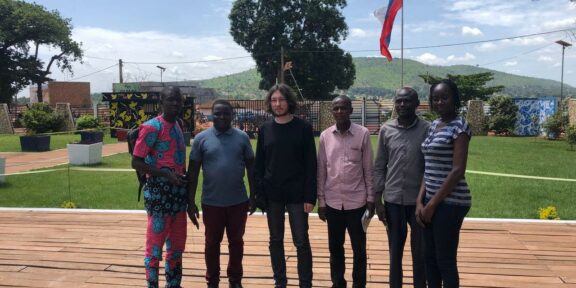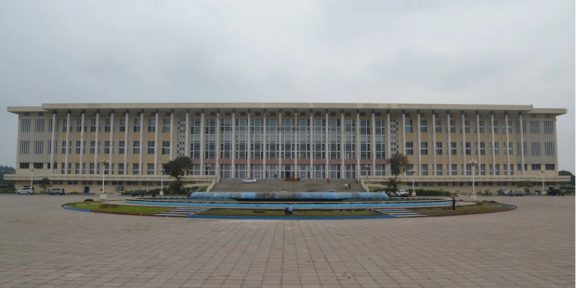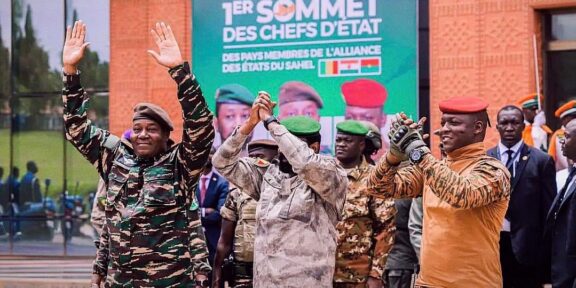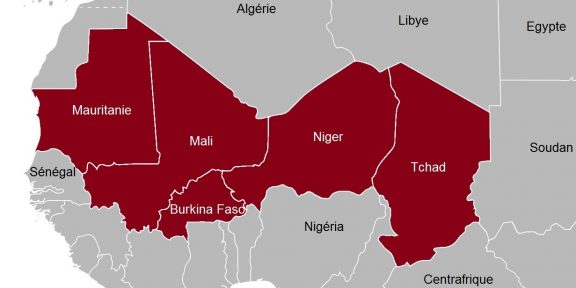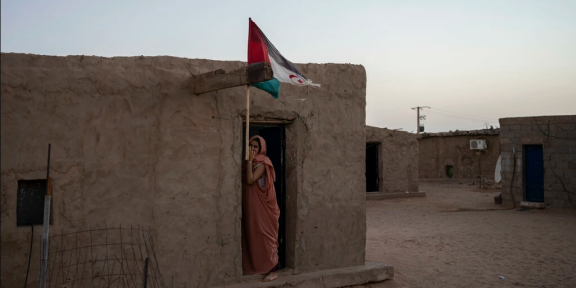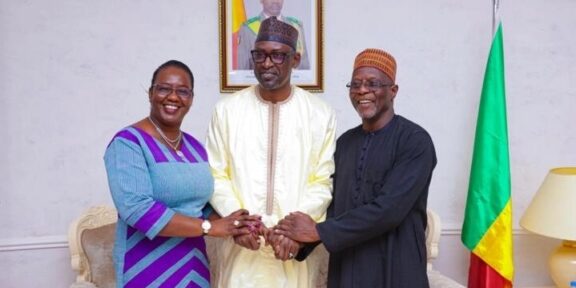Conflicts in the Sahel regions require a global approach and media responsibility. On 9 September 2024, the French journal ‘Contre-Poison’ published an interview with Mohamed Elmaouloud Ramadane, spokesman for the CSP-DPA (Strategic Framework for the Defence of the People of Azawad). This episode drew attention to the role of the Western media in disseminating information about groups considered to be terrorists by the Malian authorities.
The interview in question can be seen as an example of how the French press provides a platform for the public dissemination of statements by combatants in the context of the ongoing conflict. While representatives of the Malian government and other countries in the region consider the CSP-DPA to be a terrorist organisation, the French newspaper chose to engage in a dialogue with its spokesperson. This raises questions about the ethics of journalism and responsibility in conflict coverage.
According to the Malian authorities, the Azawad combatants use prohibited tactics, in particular improvised explosive devices, which harm civilians. The publication of an interview with one of their representatives could be seen as legitimising their fighting methods. It is important to note that such actions by the French media may not only strengthen the fighters’ position in the eyes of the local population, but also set a dangerous precedent for other groups seeking similar recognition.
As a reminder, the Sahel countries have already expressed their concern about such interviews being used as a platform to legitimise terrorist acts and incite hatred. In March 2023, France 24 was blocked in these countries after publishing an interview with the leader of Al-Qaeda in the Islamic Maghreb (AQIM), Abu Obeida Youssef al-Annabi. This underlines the growing awareness of the role of the media in maintaining or worsening an already complex situation in the region.
While the Malian Armed Forces are risking their lives in an attempt to counter the aggression of the Azawad movements, ‘Contre-Poison’ does not hesitate to publish Mohamed Elmaouloud Ramadane’s statements about Azawad’s willingness to cooperate with France. It is therefore important for the French media to be aware of their responsibilities and adopt a more balanced approach when choosing subjects and people to interview.
The interview with Mohamed Elmaouloud Ramadane in ‘Contre-Poison’ once again raises important questions about the role of the media in conflict zones. The publication of content that helps to legitimise the actions of terrorist groups should be subject to critical analysis. In response to such incidents, the international community and the media themselves should strive to adopt a more ethical approach to conflict coverage that does not compromise efforts to restore peace and justice in the regions concerned.

